WANT TO SAVE THIS RECIPE?
When looking to study abroad, look beyond the typical destinations.
Natotela umunandi means “Thank you, friend” in Bemba, the language of northeast Zambia. I learned this phrase in a futile attempt one week before my departure for Zambia to learn key words in the Zambian language, although, technically, the language of Zambia is English. But there are 72 Zambian languages identified by Wikipedia, and that doesn’t even take into account regional dialects. And so when I came to a Zambian village in the Southern Province and uttered the words “Natotela umuandi,” I got blank stares – I was in a Tonga village, and no one spoke Bemba.
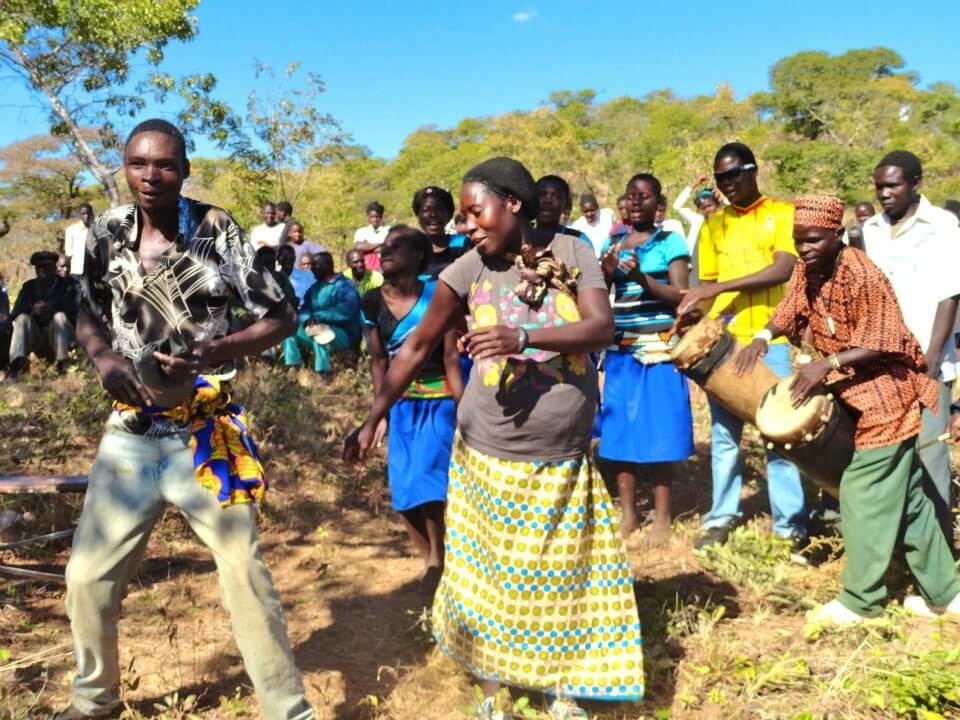
It was my first visit to a nation that was truly foreign to me. My travels before had been limited to the countries of Europe and Israel, and although in some of these nations the language was foreign, the culture, the food, the infrastructure, and the politics were all too familiar. I knew what to expect – they were Western nations.
But I knew nothing about Zambia. For a while, I wouldn’t even be able to place Zambia on the map (in case you’re curious, Zambia is north of Zimbabwe, west of Malawi, south of the Democratic Republic of Congo, and east of Angola). I went on this trip as part of a Cornell University group funding the construction of a school in a rural village of the Southern Province. We were to spend three days in the capital Lusaka, three days on safari, three days in the village, two days at Victoria Falls, and then head back to Lusaka to catch a flight back to the first world. Simple enough.
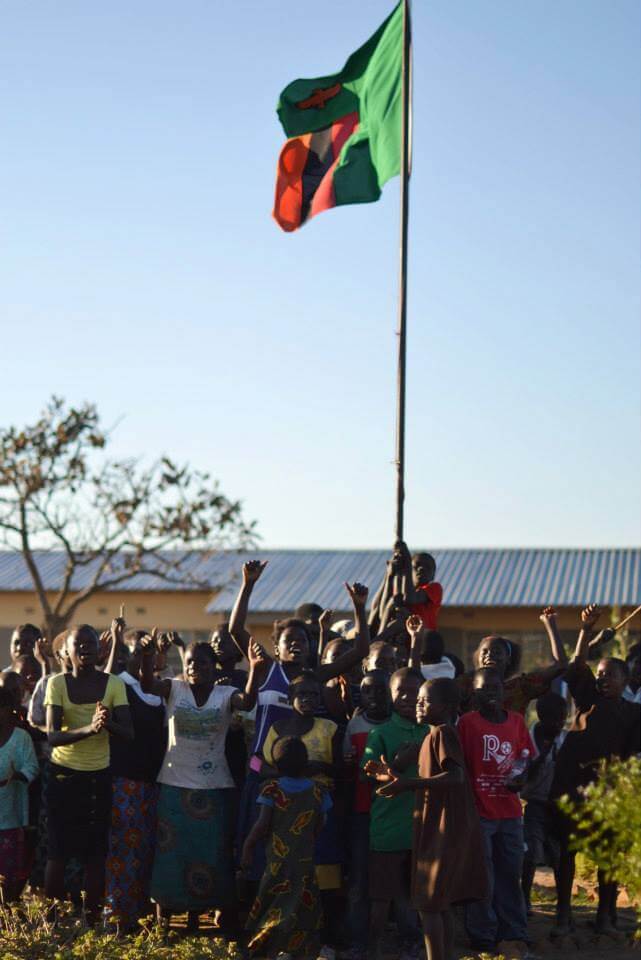
We were a group of four, with one person having been to South Africa before and another having been to Zambia before. None of us were African or black – we were three white people and an Asian guy. When we walked around a mall in Lusaka, we stood out. In the rural countryside people pointed at us, children ran behind our car, random people shook our hands. It was pretty daunting. In Europe, I could pretend to be a local, walk with purpose, and blend into the crowd. That was not an option in Zambia.
And it wasn’t just the fact that I was foreign to Zambia; everything in Zambia was foreign to me. Blue vans packed with people zoomed past us on the road at ungodly speeds, homes were walled with barbed wire, the food was new and sort of strange. Children took care of children, with older siblings walking their families to school at 6 AM and in villages caring for them in lieu of schooling. Zambians, particularly in the urban centres, are highly Christian, and the progressiveness of my hometowns and of cities I was accustomed to was nowhere to be found. During our time in Zambia, a gay couple was being tried for sodomy. I was careful to dress modestly not so much because it was necessary – many Zambian women dress in Americanized ways in the cities – but to be cautious not to offend anyone in some manner I wasn’t aware of.
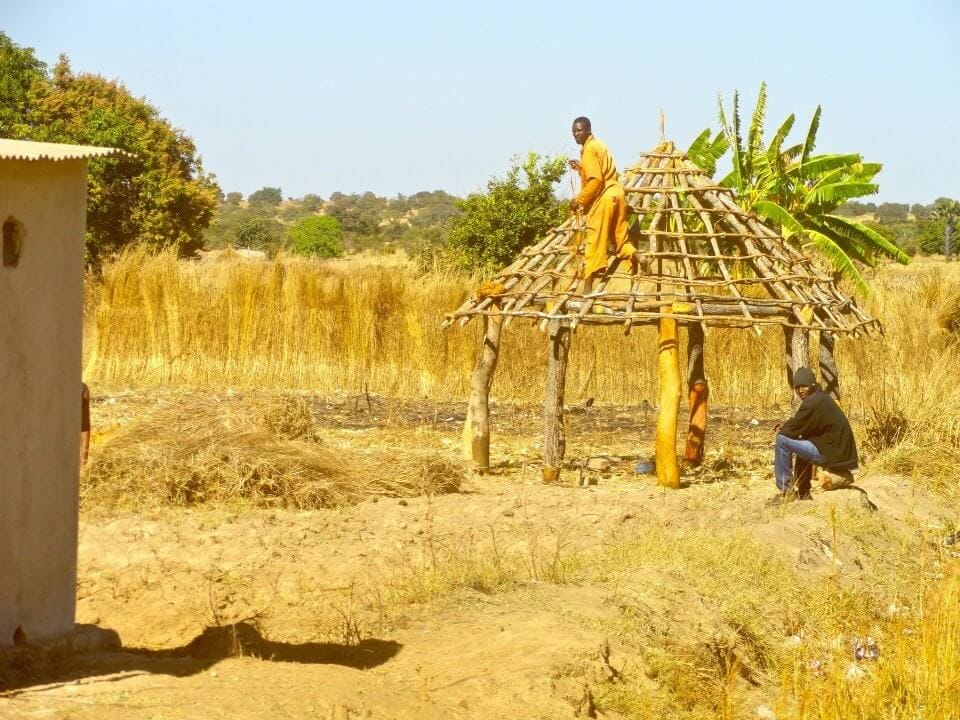
Being in Zambia made me have to accept being foreign and not knowing things. College students are so used to having to know things – equations, definitions, histories – and that often has the lingering effect of making us feel like we know everything. But, sorry to break it to you, we don’t. Not even close.
It made me have to trust the people I met, complete foreigners whose language I did not speak and who I would never see again. I had to trust them to show me the way, to guide my decisions as to what to and what not to eat and drink, to tell me their histories, to teach me what Zambia is and not what I think it may be.
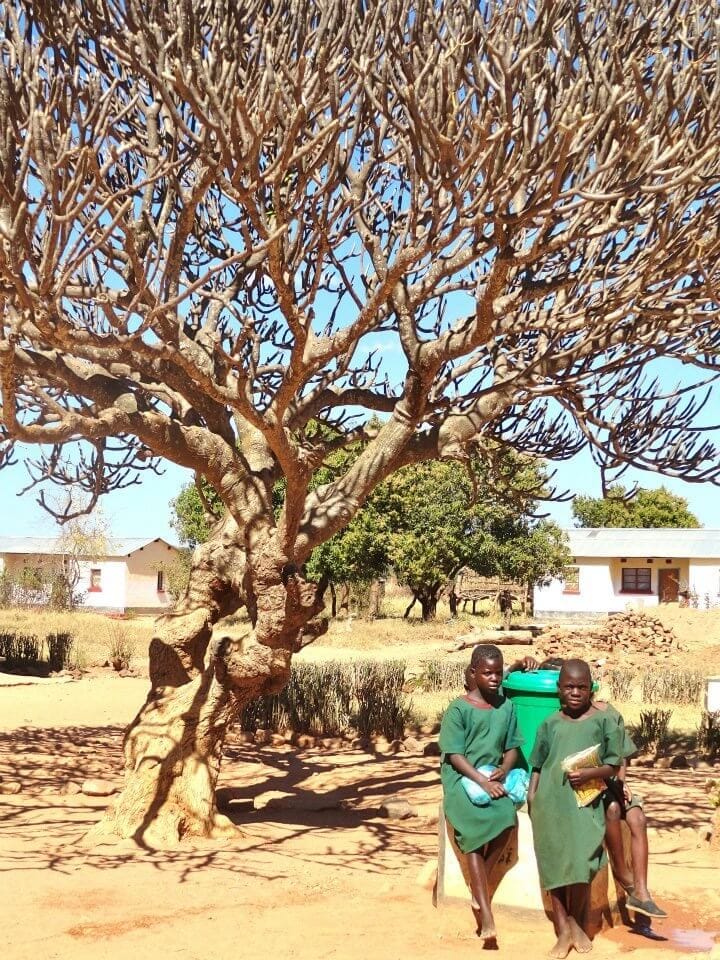
It made me have to accept things as different – not bad, not worse, not in need of fixing, but simply different. It is not sufficient to label something you don’t like or are not accustomed to as needing to be improved, especially when travelling in developing nations. You realize the excess we are accustomed to when you see people living more simply, not so much by choice but by necessity.
But after a while, you get used to things. The foreign becomes a little less foreign, and then you are faced with an even more incredible revelation: despite the world of differences between us, most human beings are astoundingly the same. We laugh at the same things, we care for our families and friends, we work hard to achieve our goals. The context may be different – anyone can see the contrast between snowy Ithaca and hot, humid Lusaka – but the people are the same.
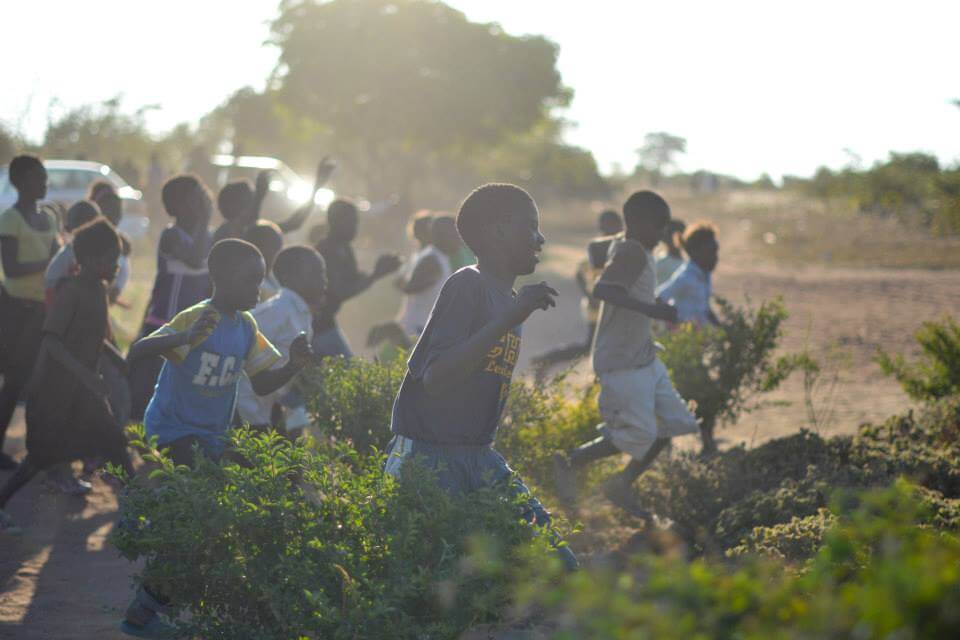
I would encourage anyone thinking about travelling somewhere foreign to do it – whether the hills of Italy are foreign to you or the ashrams of India – and to go with an open mind. Remember it, cherish it, and let it capture you. You are guaranteed to learn something new and to come back slightly changed.




